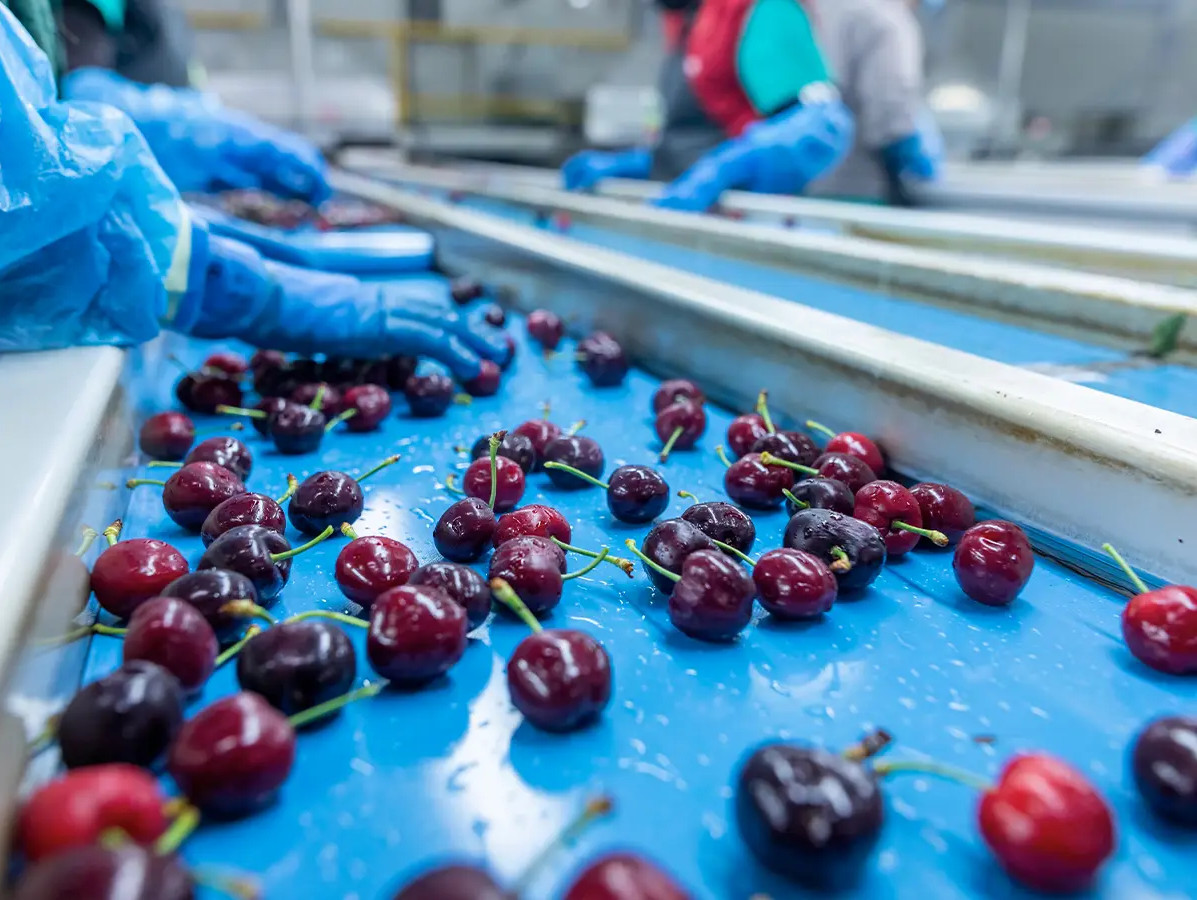
The Dutch food industry has been hitting a solid wall for years: a shortage of people. Despite rising wages and significant investments in automation, the lack of staff continues to be the main brake on growth. ING Research warns that this issue is unlikely to resolve itself any time soon.
The food industry is the largest employer within Dutch manufacturing. Yet it is precisely here that staff shortages remain persistent. In fact, compared to other European countries, the problem is significantly more severe in the Netherlands. Automation offers opportunities, but when it comes to labour productivity, the Netherlands is already leading within the EU. “Automation and robotics have brought a great deal to the Dutch food sector. But investments in state-of-the-art production lines are worth little without people responsible for operating them,” says Ceel Elemans, ING Sector Banker Food.
Concerns are expected to grow in the coming years. Between 2025 and 2030, roughly one in seven workers in the food industry is expected to retire. At the same time, the inflow of young talent is dwindling. Since the 2019/20 academic year, the number of students in vocational technical and process industries has dropped by 7%. At university of applied sciences level, the number of students in technical fields has fallen by 12%, and in agro & food by as much as 26%. According to Elemans, this trend weakens the competitive position of the Dutch food sector, especially since these challenges are less pronounced elsewhere in Europe.
Conversations with entrepreneurs show that businesses are adopting a broader approach to their HR strategies. Recruitment, training, and employee engagement are moving higher up the agenda. Bolletje benefits from its strong brand awareness but still struggles to find operators. CCI Candy aims to attract young people through innovation. TerraSana draws in new employees with its ‘positive eating’ philosophy. Within the rigid structure of shift work, flexibility remains difficult, so companies are increasingly focusing on other aspects of modern employer practices.
Read the sector study ‘Personeelsschaarste brengt koploperspositie Nederlandse voedingssector in het gedrang’.
Ing.nl
Source: ING